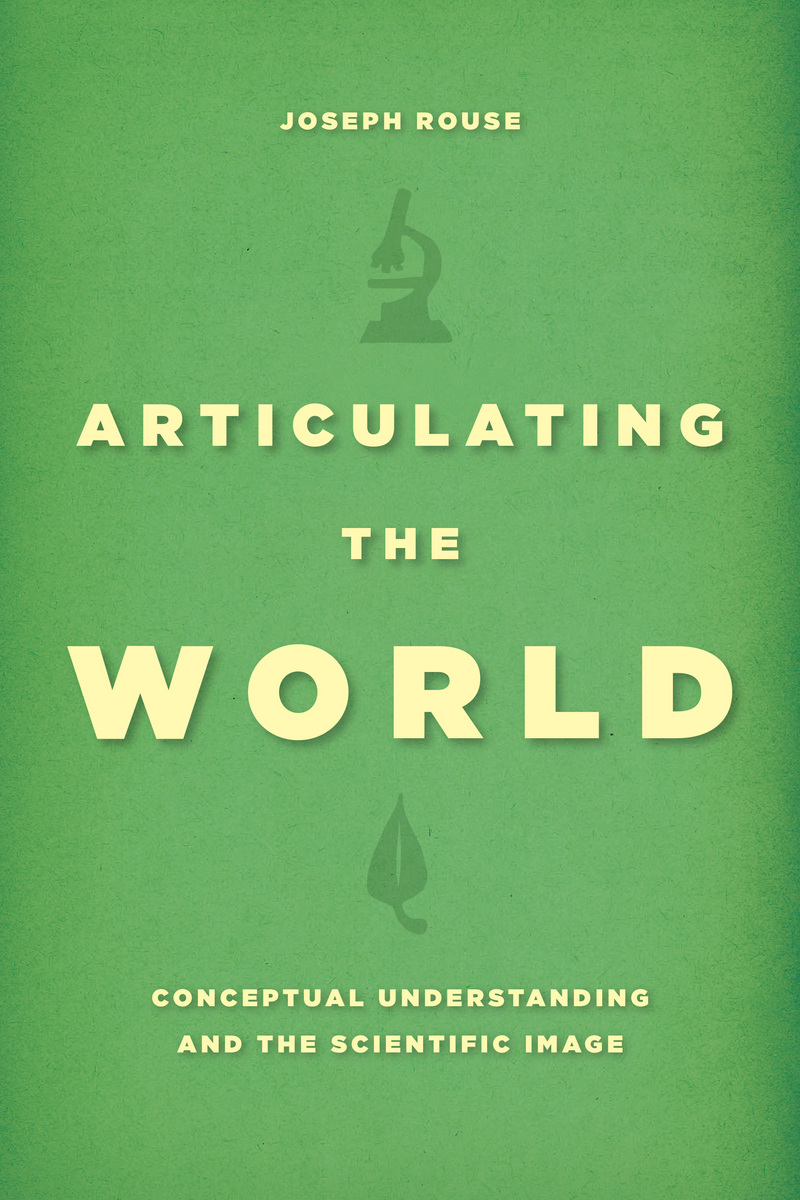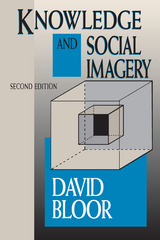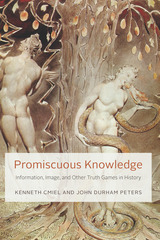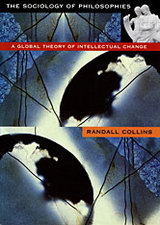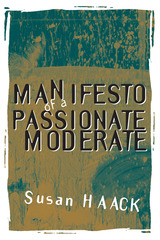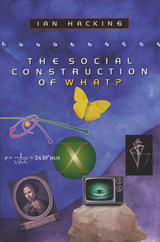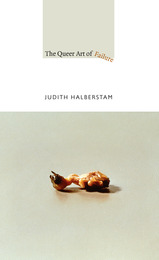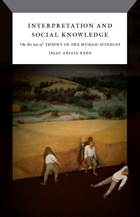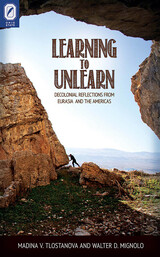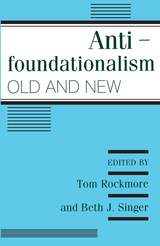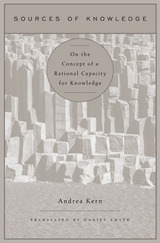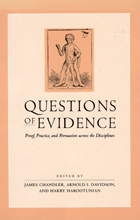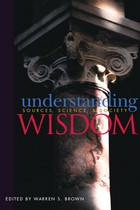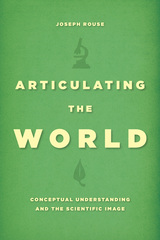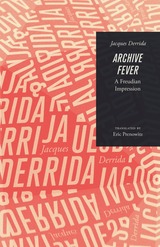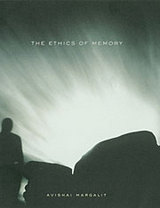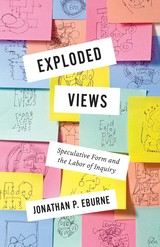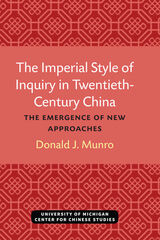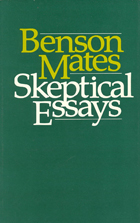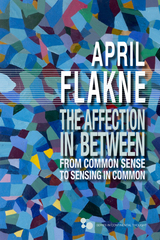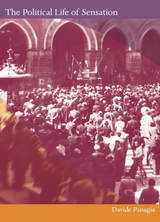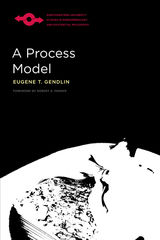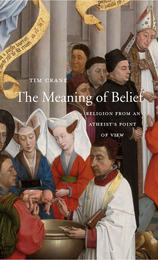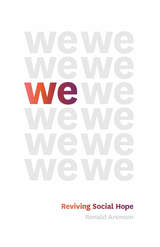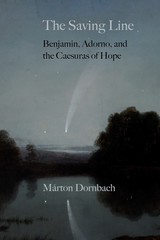Articulating the World: Conceptual Understanding and the Scientific Image
University of Chicago Press, 2015
Cloth: 978-0-226-29367-7 | Paper: 978-0-226-29384-4 | eISBN: 978-0-226-29370-7
Library of Congress Classification BD181.5.R68 2015
Dewey Decimal Classification 501.9
Cloth: 978-0-226-29367-7 | Paper: 978-0-226-29384-4 | eISBN: 978-0-226-29370-7
Library of Congress Classification BD181.5.R68 2015
Dewey Decimal Classification 501.9
ABOUT THIS BOOK | AUTHOR BIOGRAPHY | REVIEWS | TOC | REQUEST ACCESSIBLE FILE
ABOUT THIS BOOK
Naturalism as a guiding philosophy for modern science both disavows any appeal to the supernatural or anything else transcendent to nature, and repudiates any philosophical or religious authority over the workings and conclusions of the sciences. A longstanding paradox within naturalism, however, has been the status of scientific knowledge itself, which seems, at first glance, to be something that transcends and is therefore impossible to conceptualize within scientific naturalism itself.
In Articulating the World, Joseph Rouse argues that the most pressing challenge for advocates of naturalism today is precisely this: to understand how to make sense of a scientific conception of nature as itself part of nature, scientifically understood. Drawing upon recent developments in evolutionary biology and the philosophy of science, Rouse defends naturalism in response to this challenge by revising both how we understand our scientific conception of the world and how we situate ourselves within it.
In Articulating the World, Joseph Rouse argues that the most pressing challenge for advocates of naturalism today is precisely this: to understand how to make sense of a scientific conception of nature as itself part of nature, scientifically understood. Drawing upon recent developments in evolutionary biology and the philosophy of science, Rouse defends naturalism in response to this challenge by revising both how we understand our scientific conception of the world and how we situate ourselves within it.
See other books on: Concepts | Epistemology | Mind & Body | Naturalism | Rouse, Joseph
See other titles from University of Chicago Press
